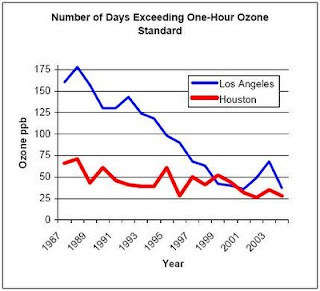A few years ago, I took a course sponsored by my work. There were several teams each from different companies. For our final presentation, the audience included executives from the various sponsoring companies. During one of the presentations, the comment was made about the executives having the freedom to make choices to influence positive change at our companies. The executives responded, and all agreed, that the further up the ladder, the less freedom you have.
With that in mind, look at the quotes from our protectors of freedom and liberty.
- Sept. 8, 2008 Henry Paulson - "We had no choice" on $200 billion bailout of Fannie-Mae and Freddie Mac (The largest in history)
- Oct. 3, 2008 Barack Obama - "Congress has no choice" on $700 billion financial rescue plan (The new largest in History)
- Jan. 7, 2009 Nancy Pelosi - "We must pass an economic recovery and jobs package no later than mid-February"
- Feb 13, 2009 Congress passes $787 billion recovery package (Largest spending bill in history)
- March 3, 2009 Ben Bernanke - "We had no choice" on new $30 billion lifeline to AIG (Total = $180 billion)
- March 13, 2009 Timothy Geitner - "there was nothing he could do legally to stop..." the payout of AIG bonuses.

